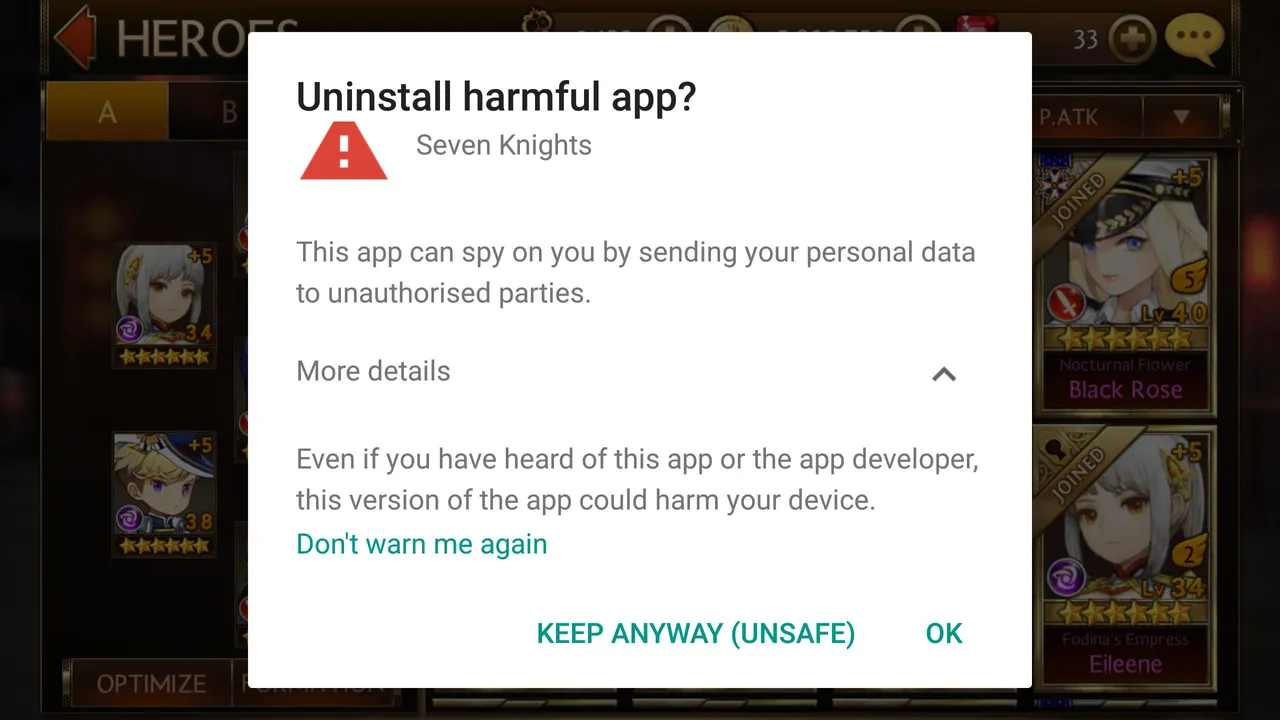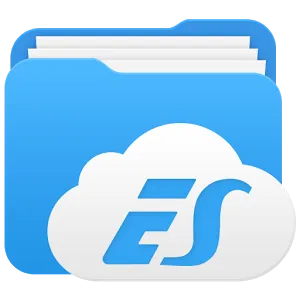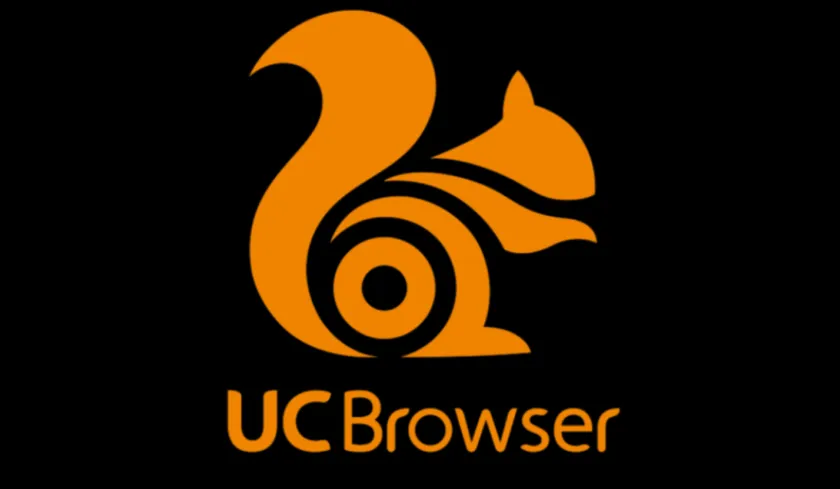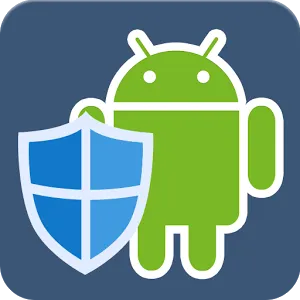
These days, there literally is an app for everything. Whether you want to spend hours playing games, watch a person on the other side of the world stream a local sports game, or organize every aspect of your life down to the minutiae.
The downside to this incredible level of choice is that some apps out there disguise themselves as your friend, when in fact they just want to harm you. Google’s Play Store has frequently received criticism for its less-than-robust approach to filtering unsafe content, and if you’re not careful, you could find yourself being tracked, hacked, or conned.
QuickPic

What it is: QuickPic used to be a friendly and easy-to-use photo gallery. It was never flashy, but clear communications and frequent updates saw it steadily grow a well-sized user base.
Why it’s bad: It was bought by Cheetah Mobile last year. The company immediately started uploading users’ data to their own servers, as evidenced by one Google Plus user who found a raft of new DNS requests that were attributable to the app.
What you should use instead:There are lots of gallery apps for Android. One alternative that’s been gathering pace recently is Piktures. It claims to be the first gesture-based gallery app and is completely ad-free.
ES File Explorer

What it is:* Amazingly, it’s probably the most popular file explorer app out there. That’s because it used to be really, really good – five years ago.*
Why it’s bad:* The free version has been pumped full of bloatware and ad-ware, and it endlessly nags you to download additional apps via non-disable-able notification bar pop-ups.*
What you should use instead:There are loads to choose from. If you want an open-source offering turn to OI File Manager; if you’re more concerned with design try out FX File Explorer; or if customization is your thing, you can look to Total Commander.
UC Browser

What it is:* The most popular Android web browser in China and India. It claims to have a “fast mode” that’ll save you MBs of data usage thanks to compression.*
Why it’s bad: Tracking. Users’ search queries are sent without encryption to Yahoo India and Google, a user’s IMSI number, IMEI number, Android ID, and Wi-Fi MAC address are sent without encryption to Umeng (an Alibaba analytics tool), and users’ geolocation data (including longitude/latitude and street name) is transmitted without encryption to AMAP (an Alibaba mapping tool).
What you should use instead:Where to start? Chrome and Firefox are the obvious choices, but some people have worries about privacy concerns there too. A solid all-around privacy protector is Lightning.
DU Battery Saver & Fast Charge

What it is: Another “battery-saving” app with an insane number of downloads. It has 7.6 million five-star reviews. Well, sorry, but all of those 7.6 million people are wrong.
Why it’s bad: Fast Charge? An app does not have the ability to change how fast your device charges. This is also the king of adverts – it sponsors almost every ad that you see in any other app and manifests its own ads on your lock screen and notifications bar. Also, all those fancy speed graphs and cool animations? Totally fake.
What you should use instead: If you’re genuinely interested in your phone’s battery stats, you should use GSM Battery Monitor. For proper battery saving, try the aforementioned Greenify.
Almost Every Anti-Virus App

What it is: There are loads to choose from; most of the well-known desktop anti-viruses now have a smartphone offering.
Why it’s bad: They aren’t bad , but they are largely unnecessary – that’s why the biggest names in the industry now market their apps’ anti-virus capabilities as part of a larger security package. There are a couple of caveats, however; if you install software from third-party sources (i.e., not the Google Play Store), or if you have a rooted device. Both these situations can open you up to malware that Google has no control over.
What you should use instead: In this case, it’s not so much what you should install instead, but rather that you need to make sure you’re installing a full-fledged security package from a recognized provider. The apps from companies like Avast and Avira tend to offer additional features such as password-locked apps, remote device wiping, and call blockers.
Hope You Liked My Blog.

Image Credits :- Google